Why Self Upgrade is Essential for Chess Trainers
03 March 2026

08 August 2025
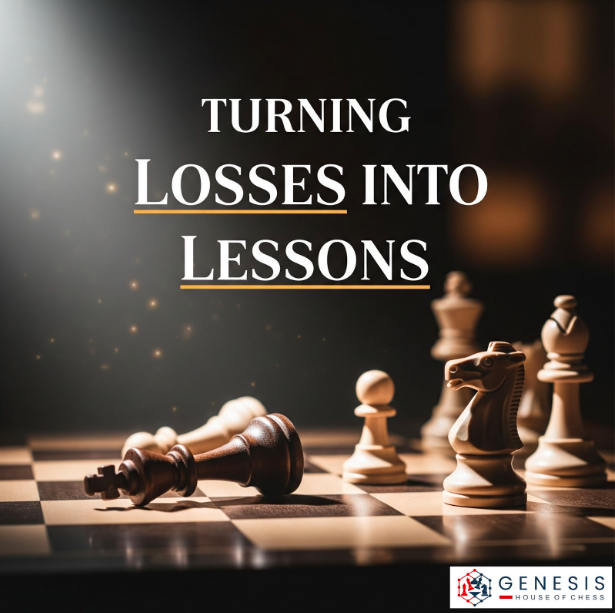
In the world of Chess, we always celebrate checkmates, the intelligent sacrifices over the board, and the victories. The joy of winning, that satisfaction of well executed tactics on the board - these are the moments which we typically highlight regarding the chess players. But we ignore or overlook another side of the board that is losses. What about them ? Specially for kids, who are just starting their chess journey these moments can be disheartening and very much demotivating like a notable setback.
At GCA, we strongly believe and teach our kids that losses in chess aren’t the opposite of winning, it's a fundamental part of learning. In fact, the secret of growth is hidden not in the victories but in the losses as we analyze our mistakes and learn from them. Growth actually happens in the valuable insights of defeat. For kids of Ages 5 - 12, one of the main lessons the game has to offer is how to learn from losses and build a mindset that allows us to see every defeat as an opportunity for growth and be a better chess player with each passing day.
While winning is a feeling of all joy, happiness and achievement, we can’t deny the fact that it’s losses that push us to improve and do better next time. One should think of loss as a chance for a detective to solve a mystery. A loss, if taken with a positive mindset, needed to find out what went wrong during the game and how to get that right next time.
It’s completely natural for kids to feel upset, and frustrated after a loss. After all, none of us like to lose. But Chess teaches them a very crucial skill found very rarely in kids: how to lose gracefully and bounce back instead of giving up or self blaming that we are not enough. or we don't have a capability. They just focus on the mistake which they made and bounce back stronger, focused and determined for the next game. Which helps them instill grit and resilience in them not just in the game but in real life challenges too.
A loss provides a perfect inescapable opportunity for deep thought and in chess it provides kids to shift their focus from did i win to why did i lose and how can i improve them and they take out time to deeply think about tactics and moves that weren’t right and why they weren’t right. They deeply reflect on games with courage and discipline and inspect a few key moves as well which develop analytical skills with every move They learn to identify reasons and outcomes, evaluate their decisions, and spot patterns, significantly improving their decision-making process for future games, both on and off the board.
Losing in chess or any game can be a trigger to so many emotions as their minds are under development and they don't know how to regulate their emotions and how to deal with losses. Chess is a structured game to provide a safe environment where kids can learn to regulate their emotions and manage them. The game taught them that staying upset, showing frustration, throwing away pieces won’t change the outcome of the game. Instead taking a deep breath, thinking of wrong moves during the games and thinking through the situation will help them learn and improve. This process fosters emotional regulation, maturity, patience and self-control for navigating stressful situations.
Every move on a checkered board has its consequences, whether good or bad. If a child makes a move without careful consideration and leaves a valuable piece undefended , they quickly realize the outcome of this action. This teaches them accountability for their actions and choices during the game and motivates them to think ahead more carefully and it’s one of the powerful lessons which kids learn during chess.
At Genesis Chess Academy, Our coaches are not just Chess players and instructors, they are mentors. They particularly focus on creating a safe, peaceful and non-judgmental environment so that kids can learn chess, apply strategies without fear of being judged and making mistakes and they feel secure to experiment with new ideas. We help kids transform ‘I messed up’ into ‘I figured it out.!
The "Post-Game Huddle": Immediately after a game, whether a win or a loss, we encourage a brief, calm review of key moments. The focus isn't on who won, but what happened.
Focus on the "Why": Instead of letting a child just say "I lost," we guide them to ask, "Why did that happen?" or "What could I have done differently on that move?" This encourages self-reflection.
Praise Effort and Learning, Not Just Outcome: We consistently emphasize the effort put into the game, the new concepts attempted, and the lessons learned, regardless of whether they won or lost. The process of thinking and learning is celebrated.
The "Next Game" Mentality: We teach children that every game is a fresh start, a new opportunity to apply what they've learned from previous experiences. The past game is a teacher, not a judge.
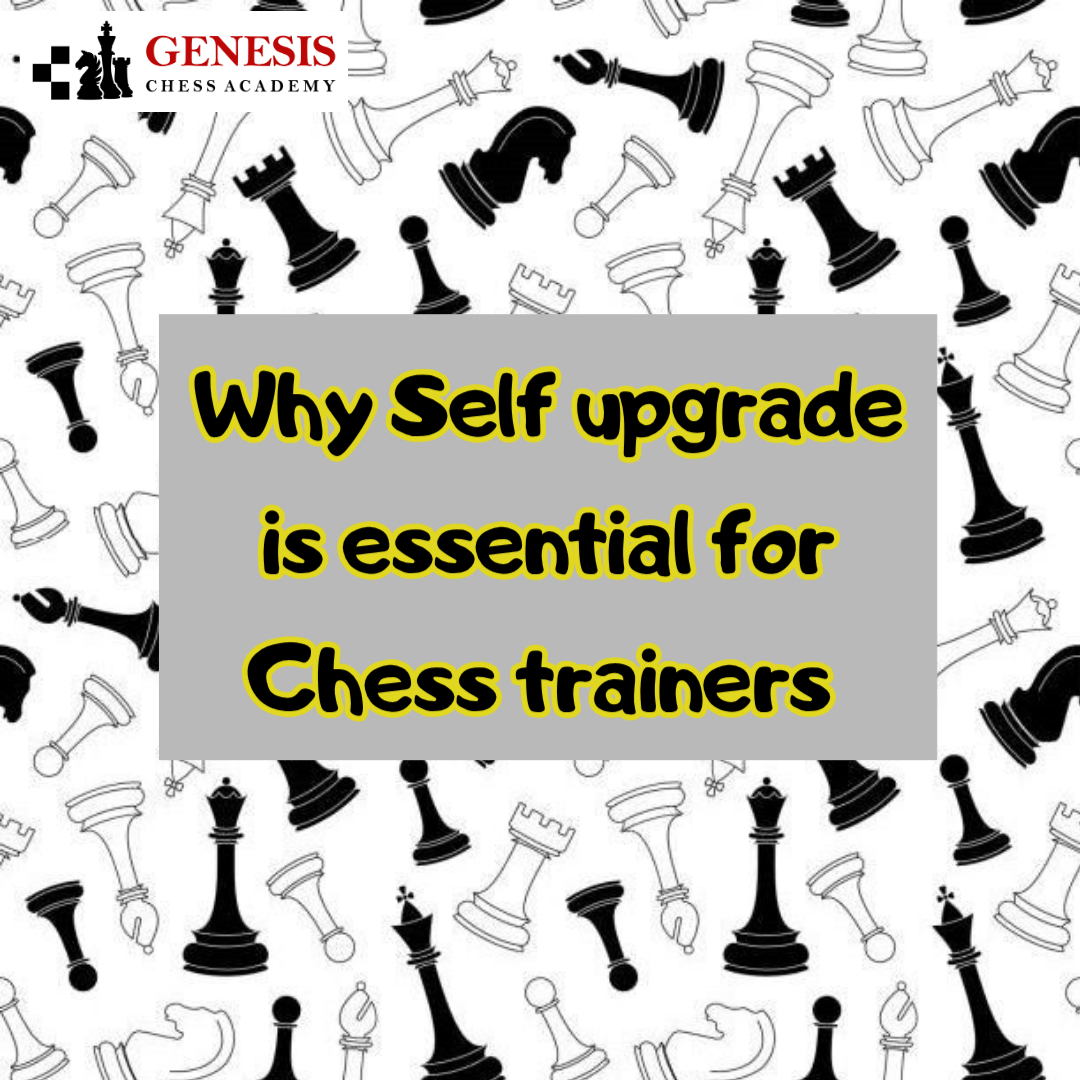
03 March 2026
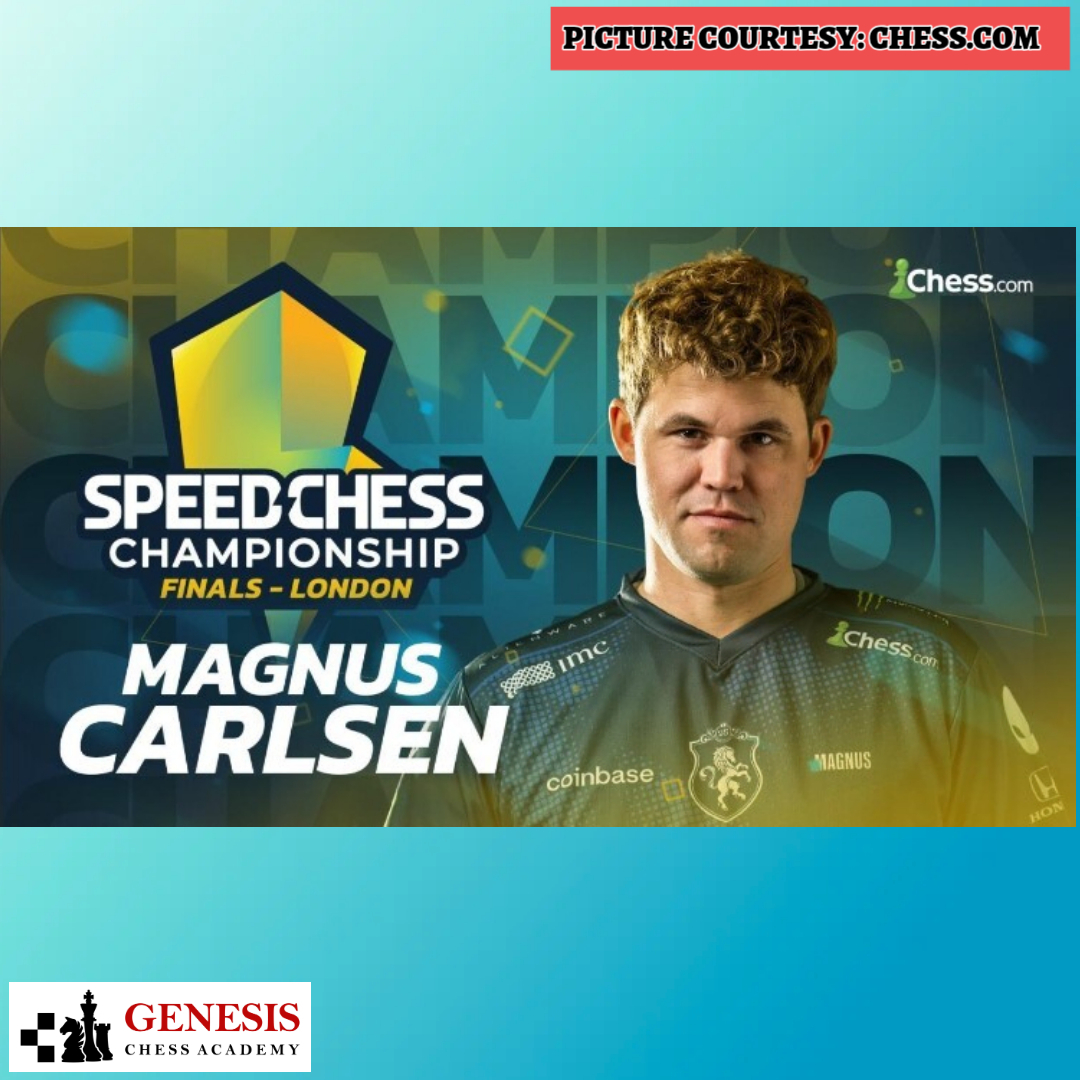
09 February 2026
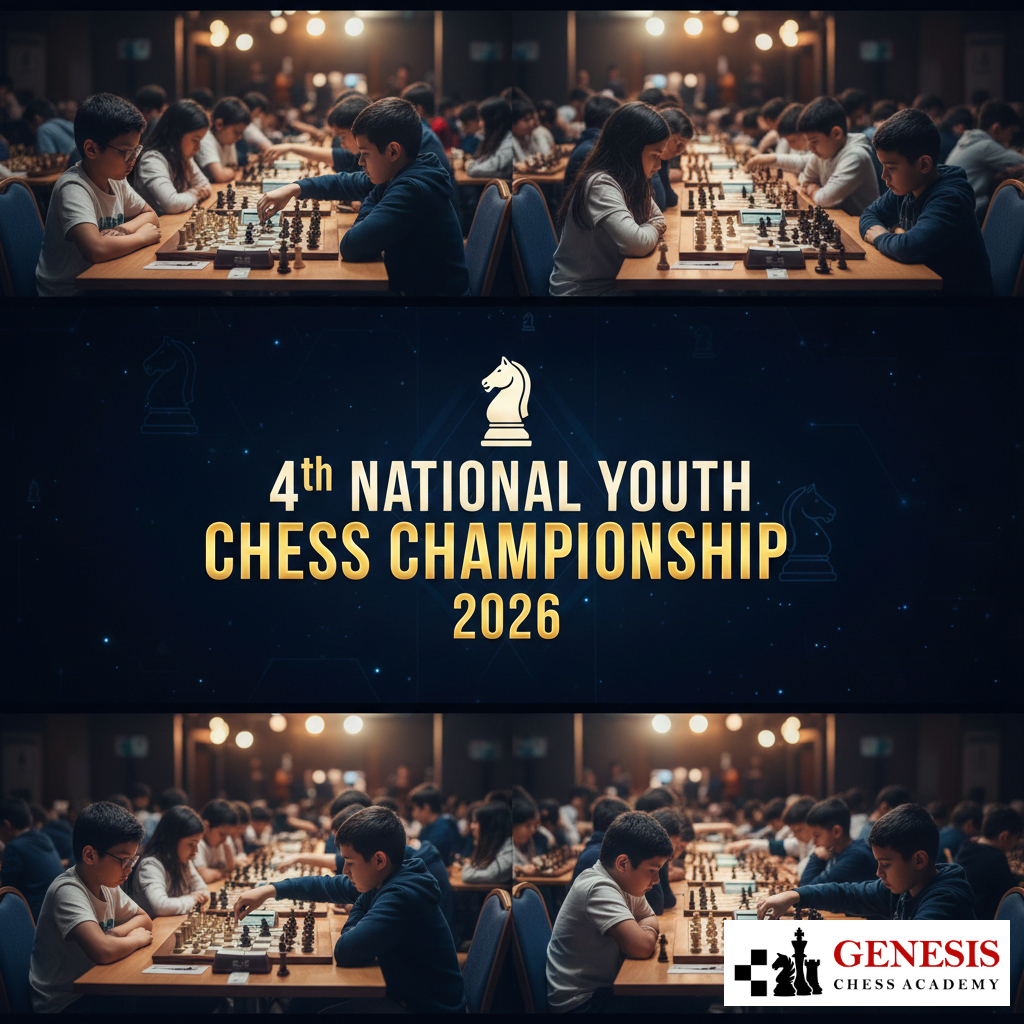
09 February 2026
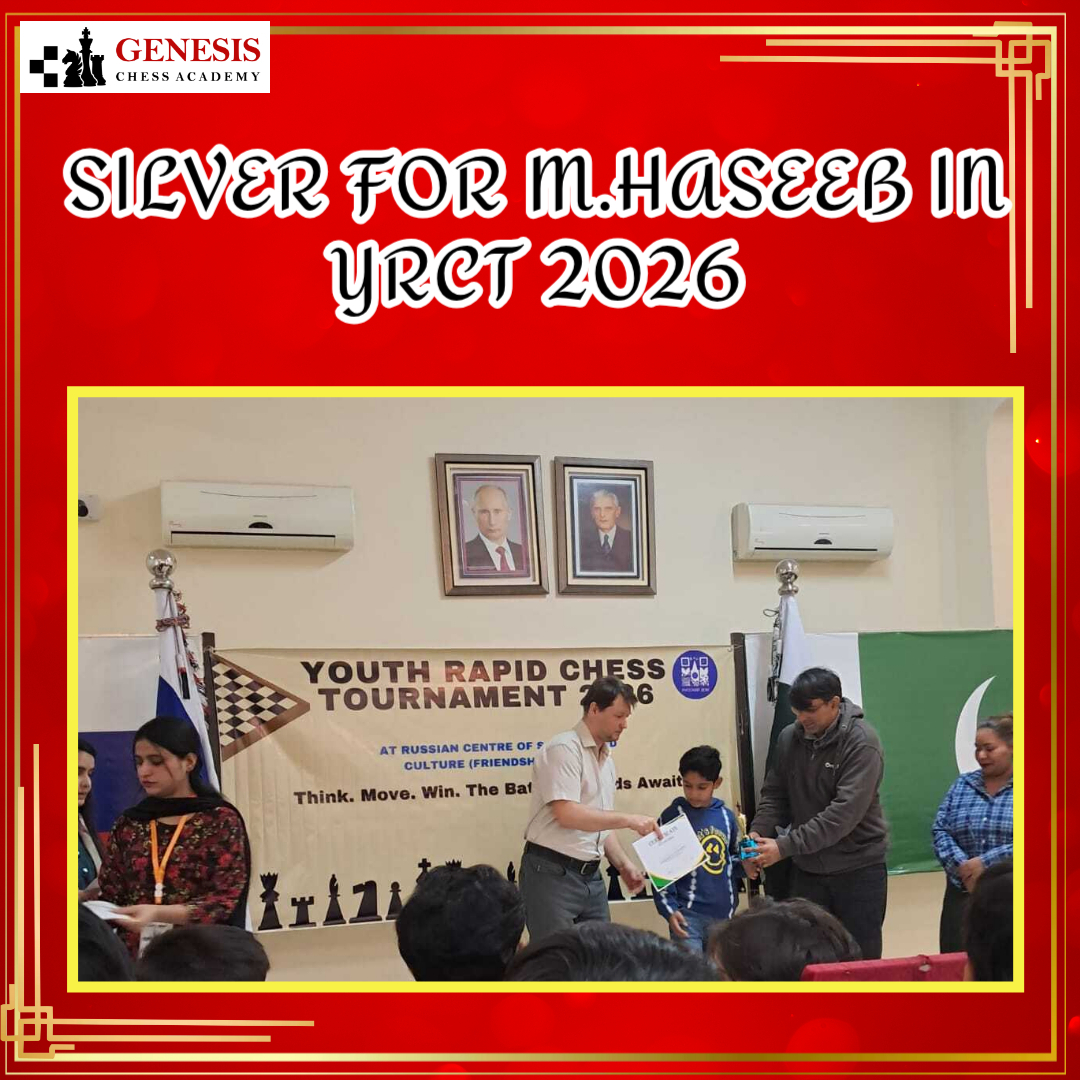
08 February 2026
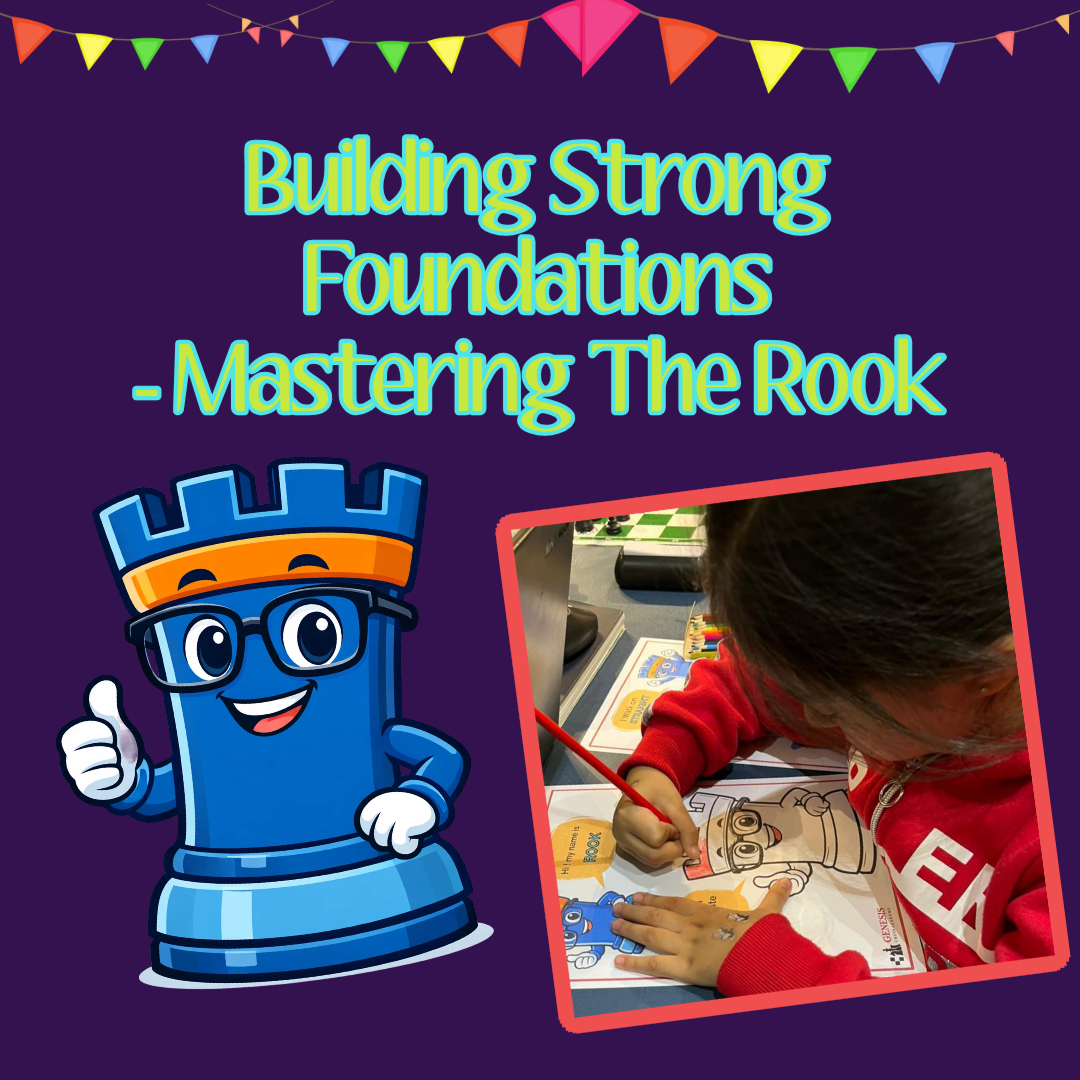
31 January 2026
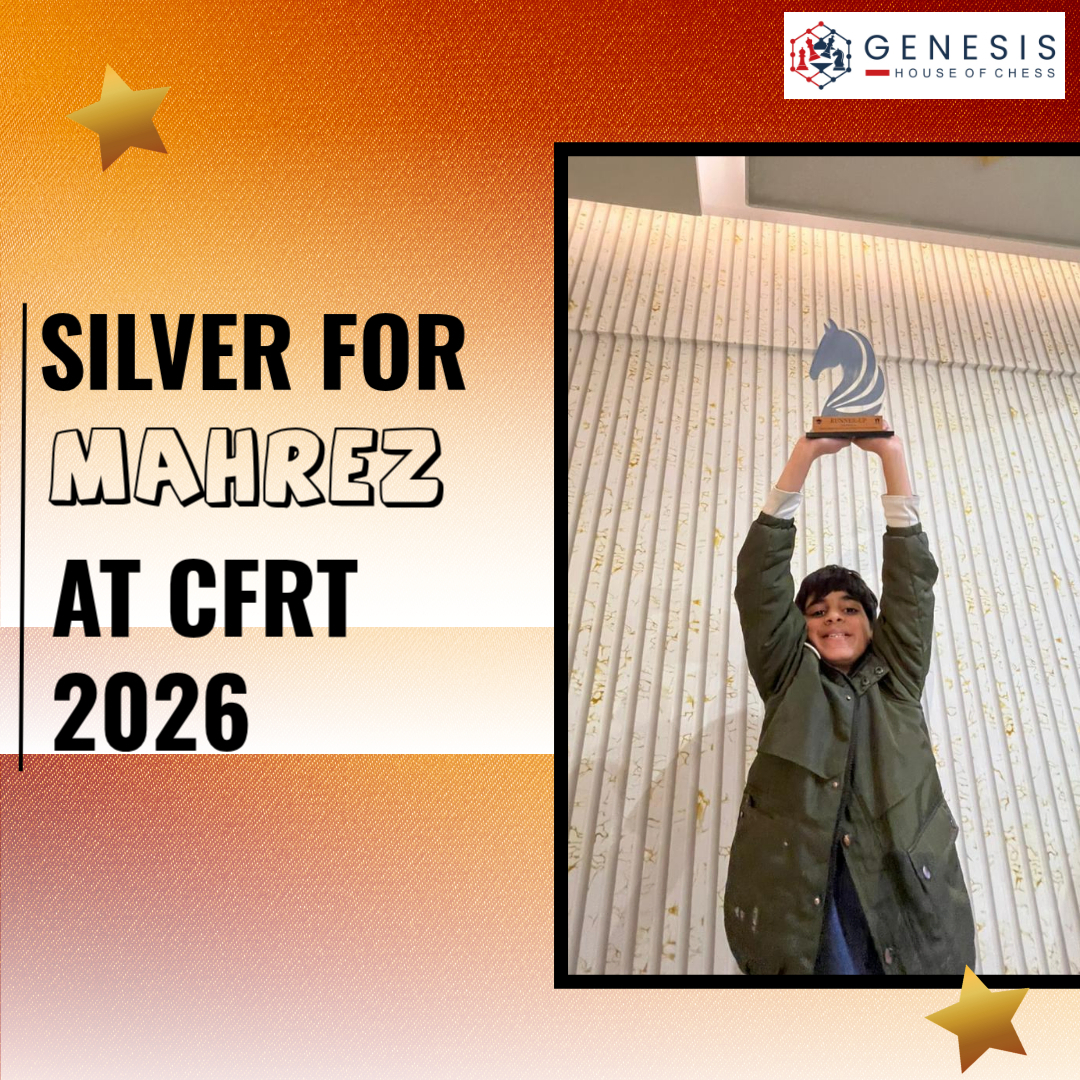
25 January 2026
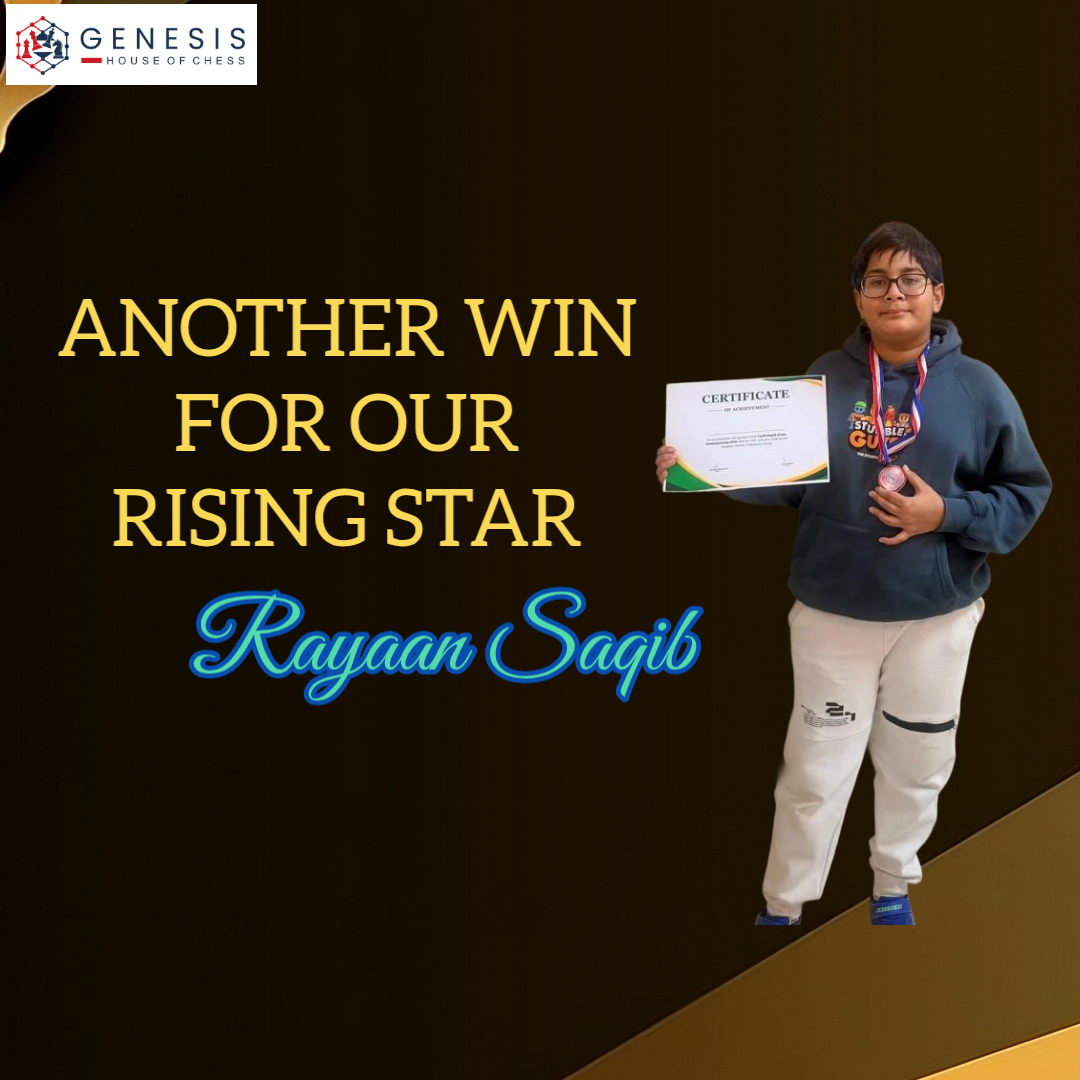
25 January 2026
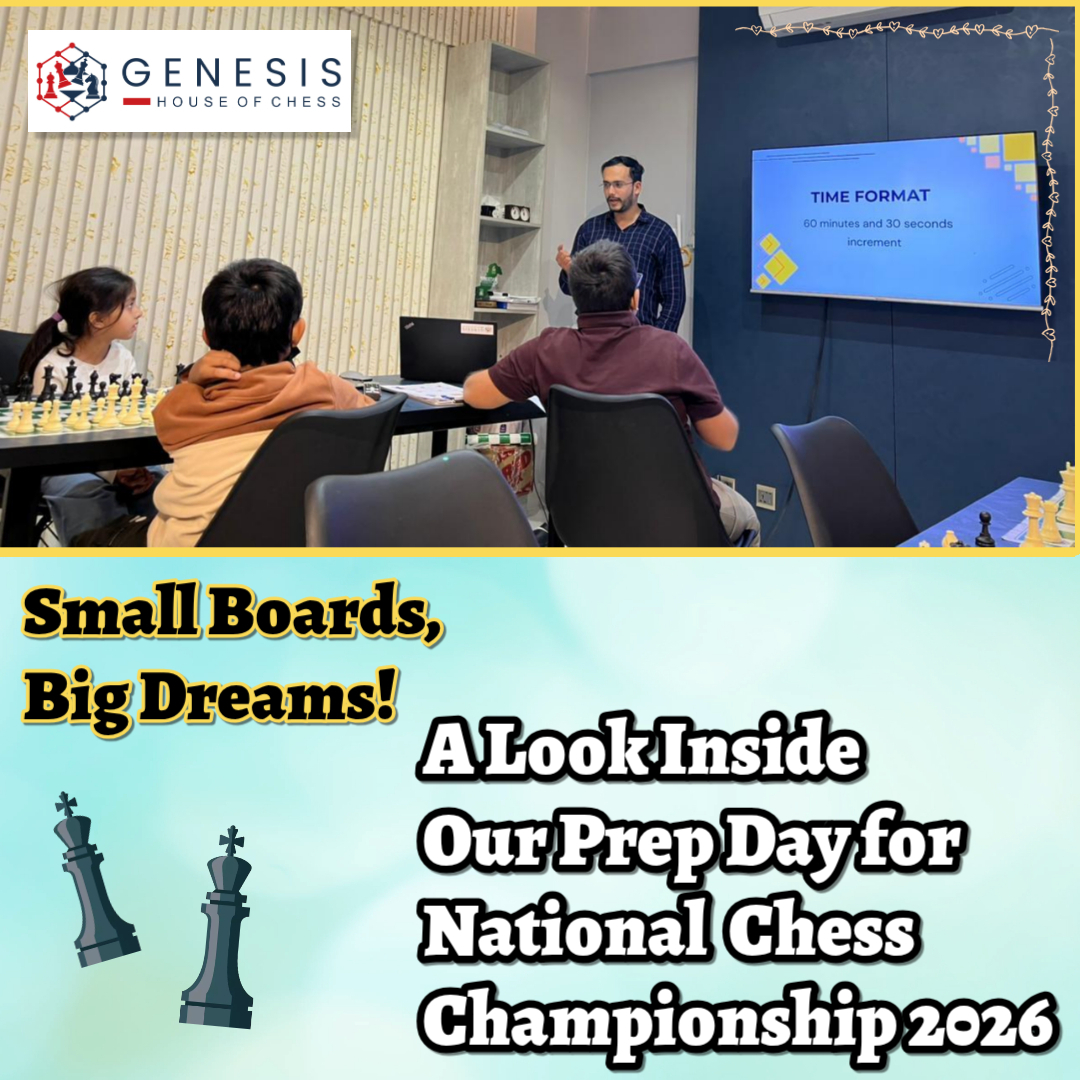
24 January 2026
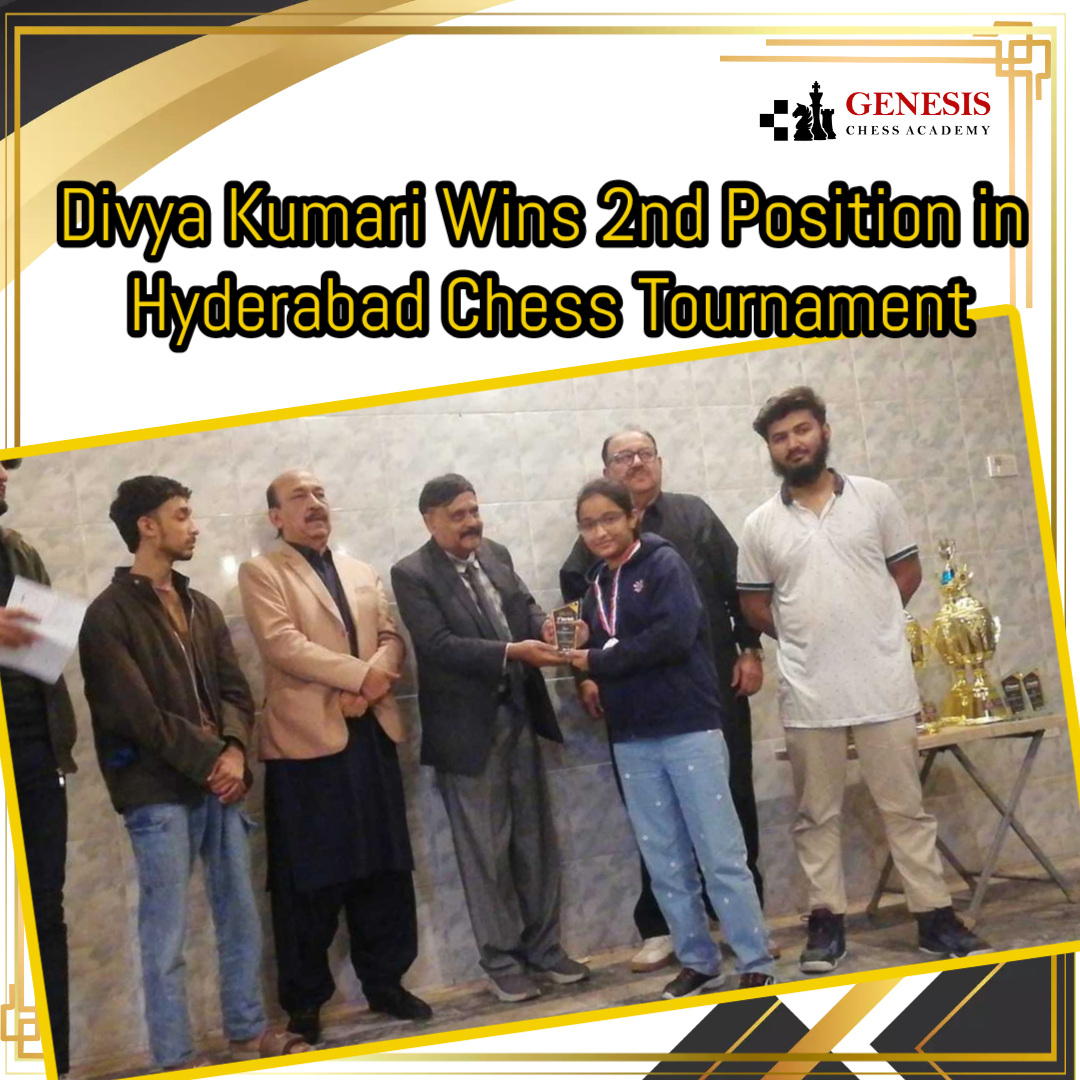
22 January 2026
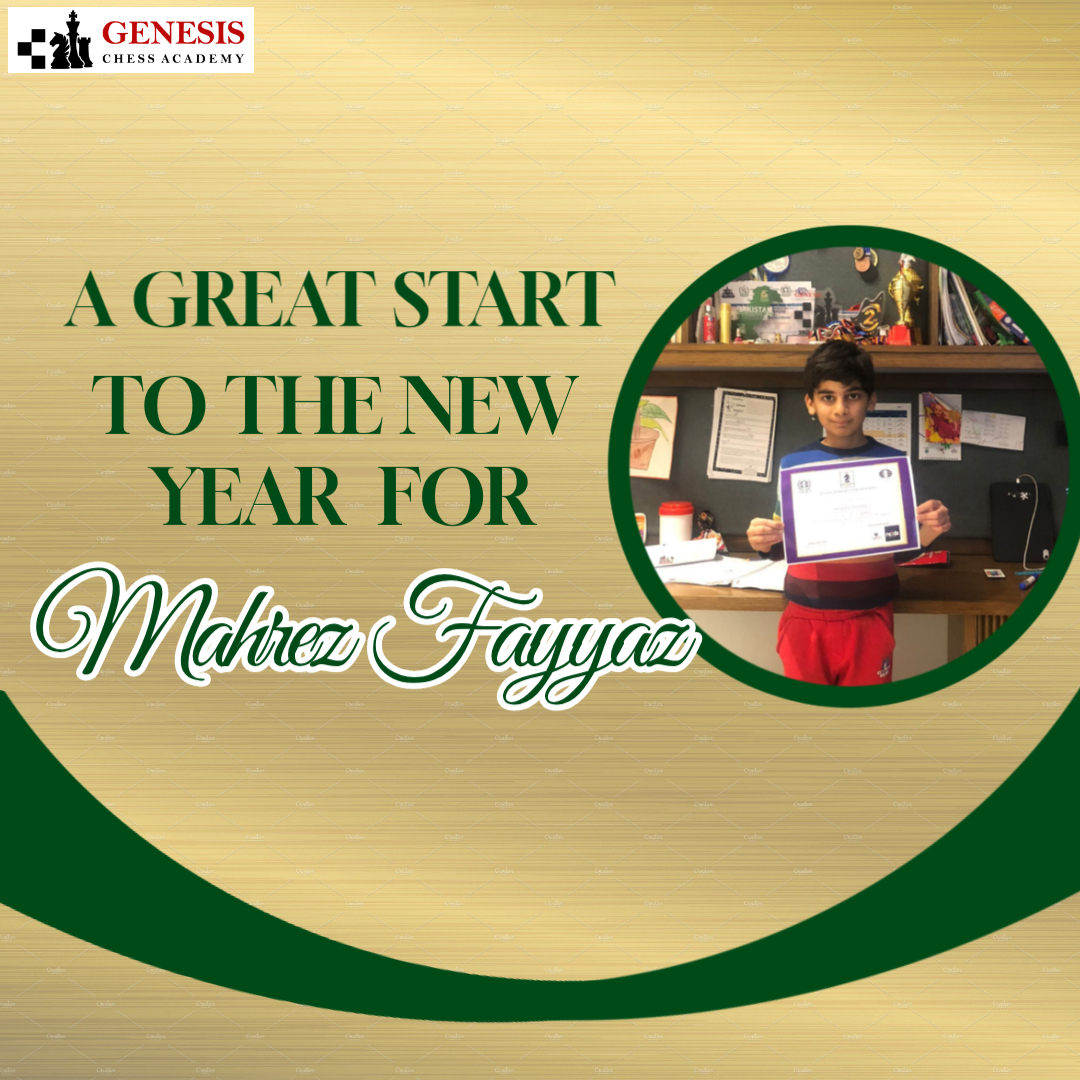
14 January 2026